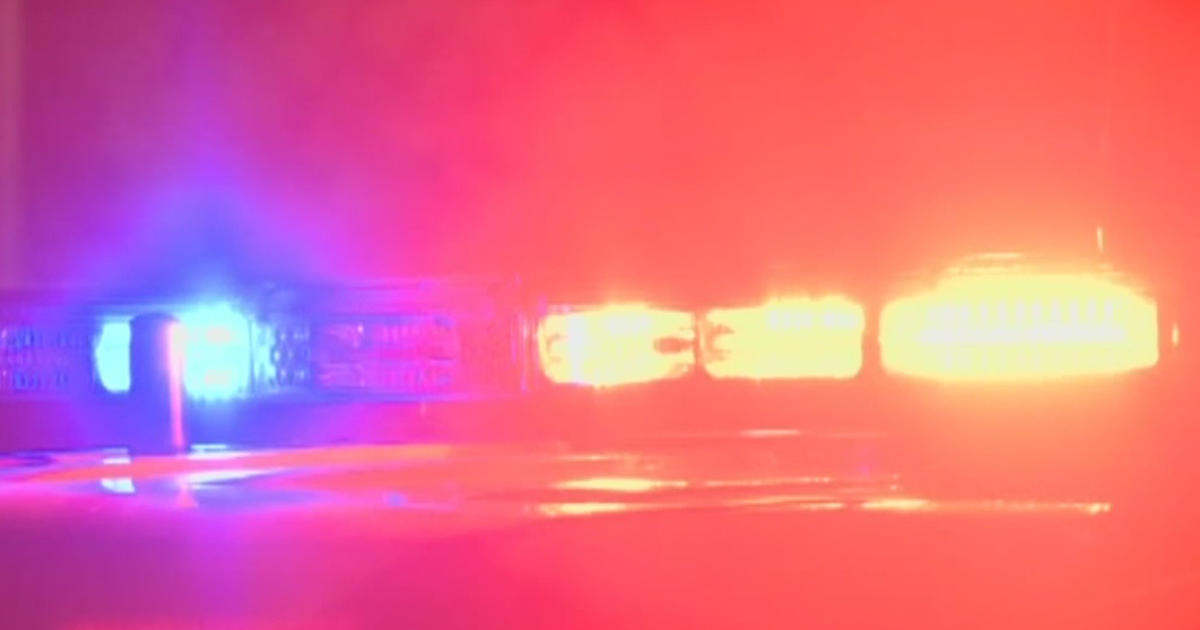Hennepin Co. Sheriff: Narcan Device Defective
MINNEAPOLIS (AP) -- A Minnesota sheriff says he hasn't been able to get working replacements for a recalled device that his agency and others around the country use to deliver a drug that can reverse the effects of an opioid overdose.
No one has died as a result of the defective devices in Hennepin County, and the agency still has devices that work properly. But Hennepin County Sheriff Rich Stanek is concerned because the number of opioid overdose deaths in his area is at a record high. Hennepin County had 106 opioid-related overdose deaths through October, a 25 percent increase over the same period in 2015.
The device from Teleflex Medical turns the injectable form of naloxone into a mist that's sprayed into the nose. It was recalled in late October, and Stanek said he's asked for replacements but keeps receiving defective batches.
"Due to this tragic increase (in deaths), I consider this recall issue to be of the highest importance," Stanek said in a statement Thursday. "We are dealing with an epidemic, and we need all the help we can get to save lives."
Teleflex spokeswoman Susan Denby told the Star Tribune that the company has been experiencing a temporary shortage of the device and has been telling customers when the product becomes available. She did not return a message left Thursday by The Associated Press.
Cody Wiberg, executive director of the Minnesota Board of Pharmacy, said there are alternatives to the Teleflex device, but they are more expensive. He believes most law enforcement agencies prefer to use the Teleflex device because the method is cheaper, and because it's easier and quicker than giving an injection, which requires more officer training.
The National Sheriffs' Association said dispensing naloxone by nasal spray is the method most widely used by sheriff's departments — and likely other police agencies — nationwide. The association is looking into the issue raised by Stanek to see if the problem with the Teleflex device is more widespread.
Wiberg said the Teleflex atomizer is supposed to turn the drug into a plume of mist to be deposited on mucous membranes and quickly absorbed. Stanek said the defective devices are instead delivering the drug in a stream of fluid, which Wiberg said could delay absorption.
The recall notice says the problem could affect the medication's effectiveness, and could lead to serious injury or death.
Stanek said about 20 percent of his department's devices were found to be defective and are no longer in use. He's calling on Teleflex to return his department and others to full capacity.
"We are in the business of saving lives, and it is difficult to do that if we can't rely on equipment being sent to us," Stanek said.
(© Copyright 2016 The Associated Press. All Rights Reserved. This material may not be published, broadcast, rewritten or redistributed.)



